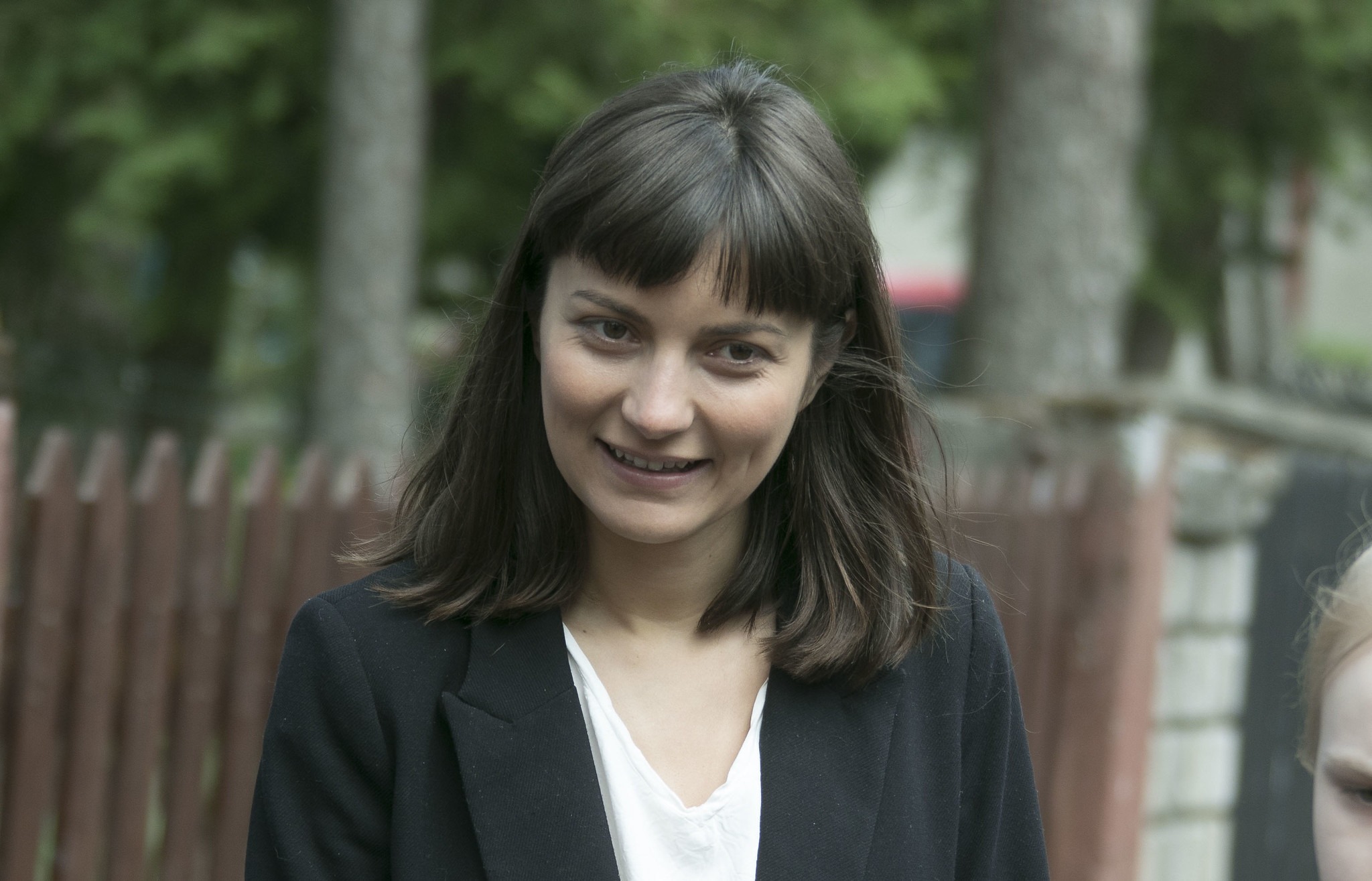
Key Insights:
During the reporting month, content primarily focused on topics such as the incompetence and corruption within the Latvian government. The main narratives included:
- Latvia’s government is corrupt and incompetent.
- Latvia is economically worse off than other Baltic countries.
- State and mass media are not reliable sources of information.
Overview of findings:
Social media monitoring:
In the reporting month, platforms such as TikTok, Telegram, Facebook, and Twitter (X) were monitored. Video content continues to achieve the most engagement, making TikTok and Facebook the primary channels for disseminating disinformation. A total of 230 posts were examined, reflecting an increase of approximately 50 posts compared to the previous month.
Recurring themes:
As in previous months, the content primarily revolves around domestic issues such as corruption, language policies, and economic development. This month, significant attention was given to the Rail Baltica project, with opposition party leaders heavily criticizing its construction timeline and costs to emphasize government incompetence and corruption.
Platform engagement:
Engagement on TikTok and Facebook is largely supportive, indicating that their target audiences are more susceptible to disinformation narratives. TikTok remains the platform with the most engagement from Russian speakers. In contrast, content on Twitter (X) tends to receive more critical engagement, with users frequently fact-checking the posted content.
Story of the month:
“Vai tas nepārtrauktais kara informatīvais fons, kas šobrīd ir Latvijas medijos, motivēs jaunām ģimenēm laist pasaulē bērnus un palikt Latvijā?”
(“Is the constant war-related media coverage in Latvia motivating young families to have children and stay in Latvia?”)
This Facebook video features a snippet from a debate with a member of the opposition party LPV (Latvija Pirmajā Vieta/Latvia in First Place) commenting on the declining birth rate in Latvia, linking it to security concerns and fears of an impending war. Rather than addressing how to reduce security concerns, the opposition member blames the media for constantly discussing the war. The video title suggests that the frequent coverage of the Russian war in Ukraine harms Latvia’s demography.
By making these statements, the opposition party suggests that discussions of war should be limited, downplaying security concerns. This rhetoric hides behind concerns about Latvia’s declining birth rate while attempting to reduce attention on Ukraine and Russia as security threats. The opposition also employs a similar strategy to criticize the European Union’s influence on Latvia and accuse Rail Baltica of being a project fueled by corruption. Despite condemning the war, the opposition has shown favorable sentiments toward pro-Russian policies and Russian speakers in Latvia. Notably, party leader Ainārs Šlesers has been linked to a prominent Russian family close to Putin, which previously funded his political campaign.
The video received 15,000 views, 145 likes, and 29 comments, which is comparatively high engagement for Facebook videos. Sentiment in the comments section shows a mix of support and criticism toward the political party.
- “Maybe they are scaring people just to get NATO money?”

- “Panic causer! It is a pity that such panic is spread by state television. If children had not been born in Latvia during the Second World War, Latvia might not exist either. Currently, there is neither war nor a serious threat in Latvia—no bigger than in other countries of the region.”

- “If you survey students, every third person says: I will finish school and go abroad to work, because my parents are already there. Every second is unsure whether to stay or leave, while others expect the state to support them. It’s so true.”










